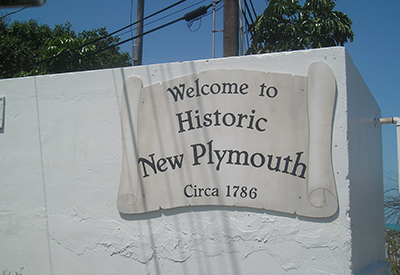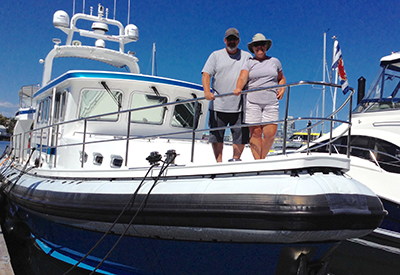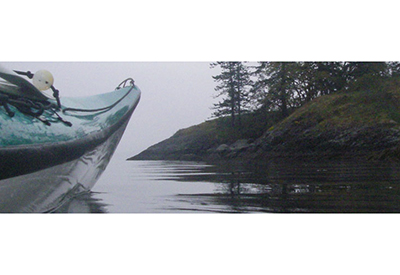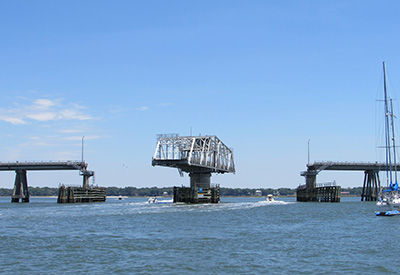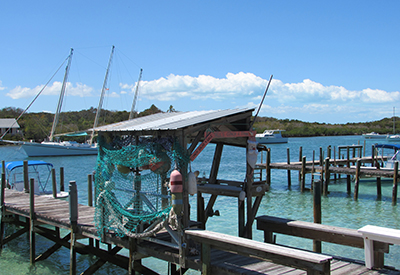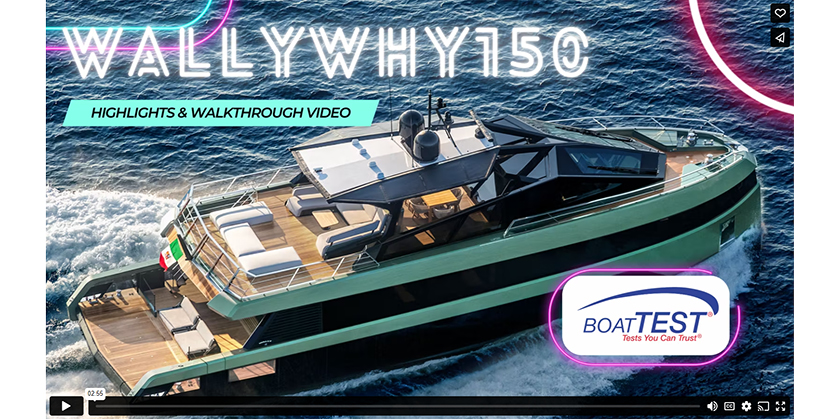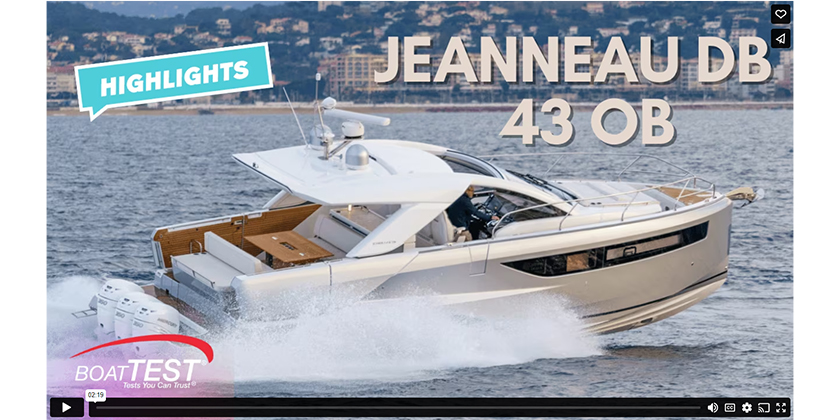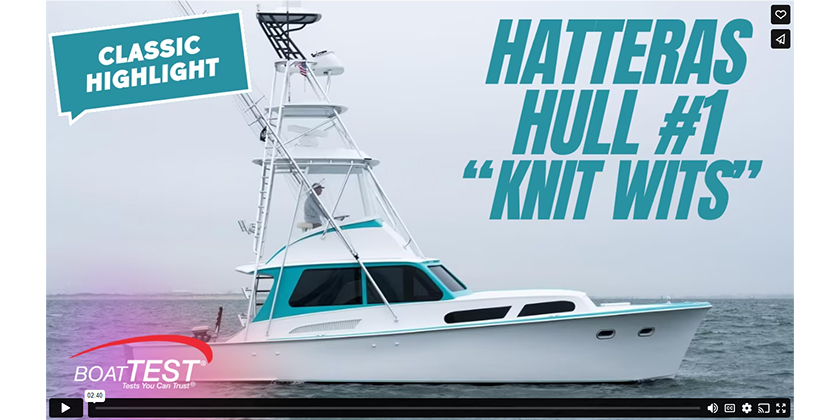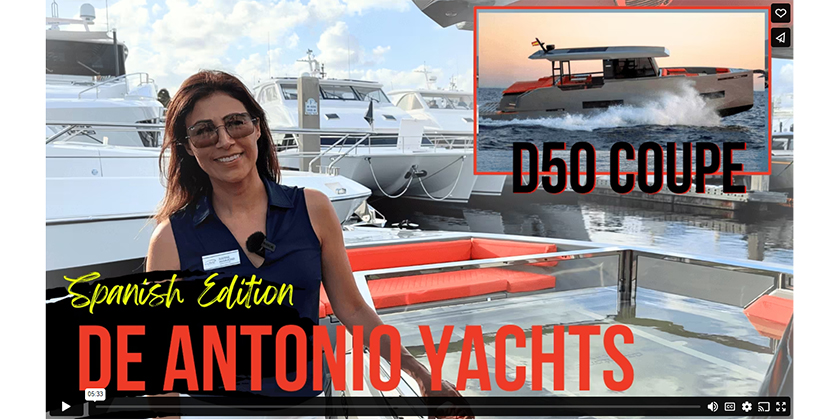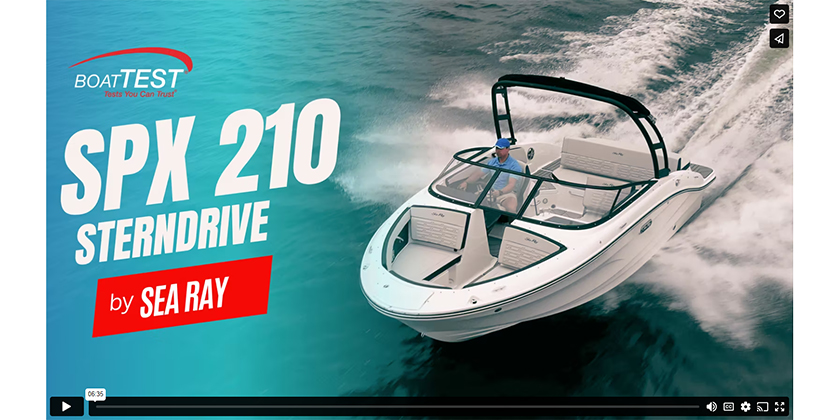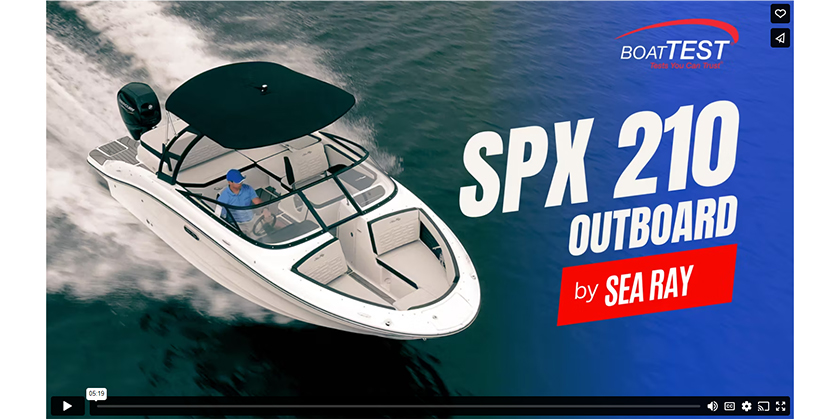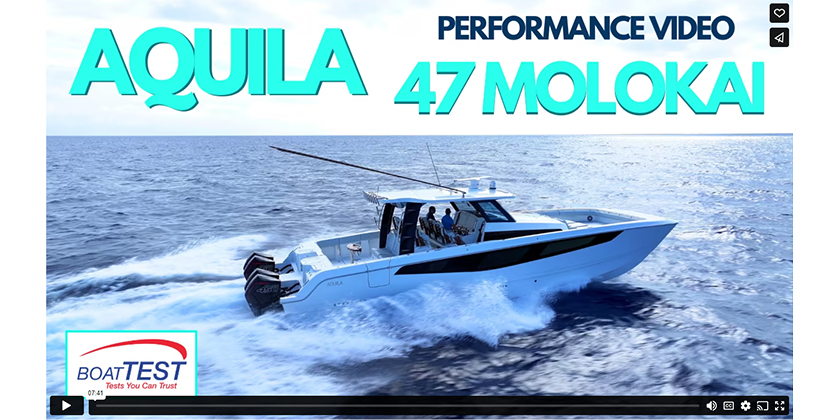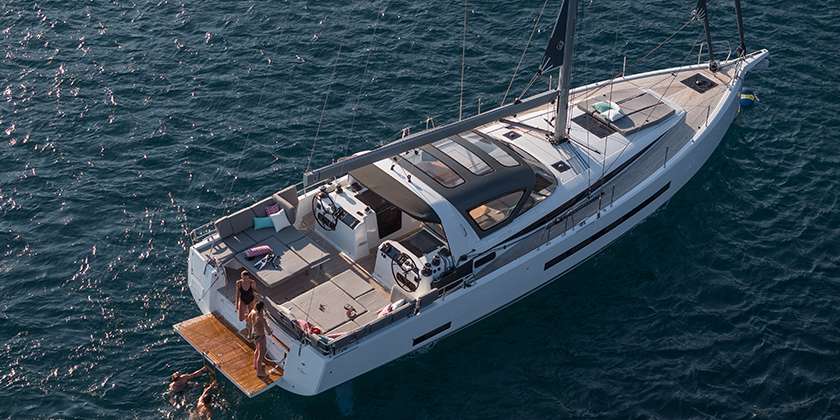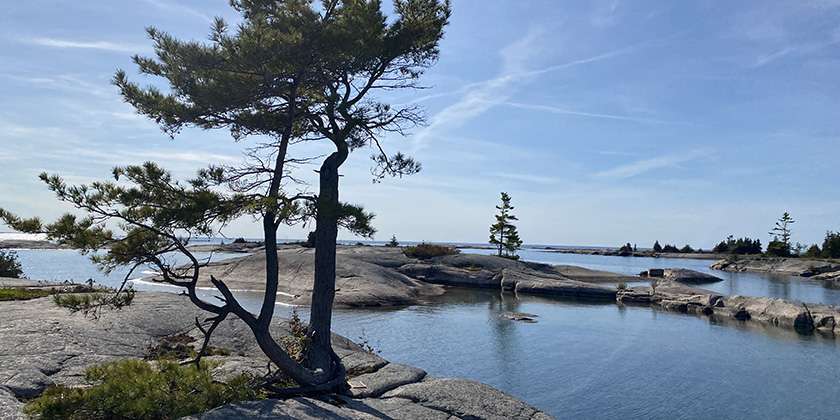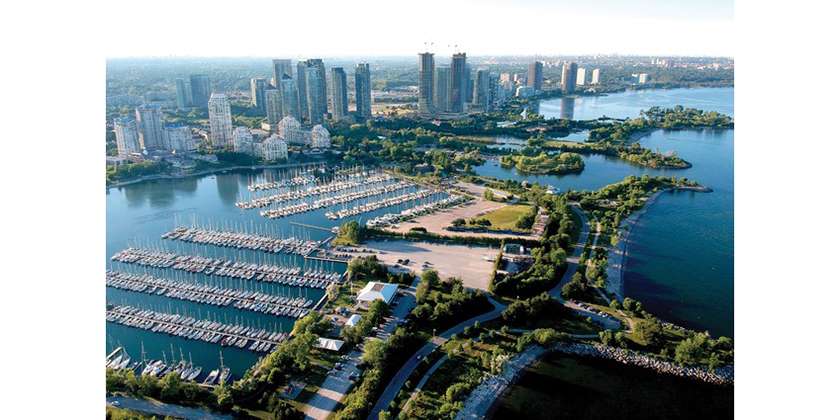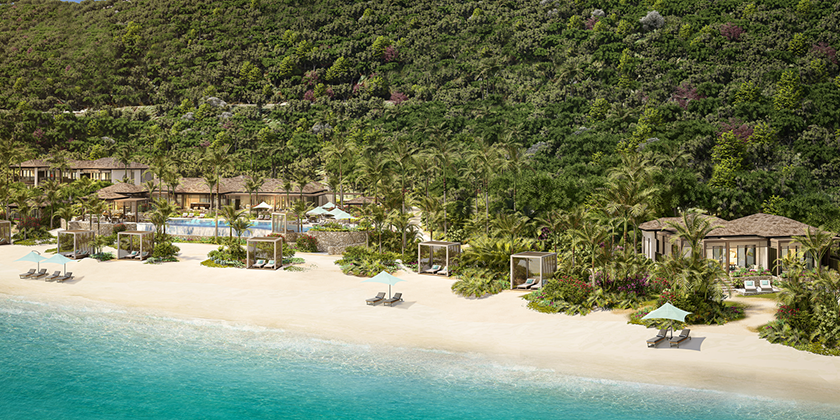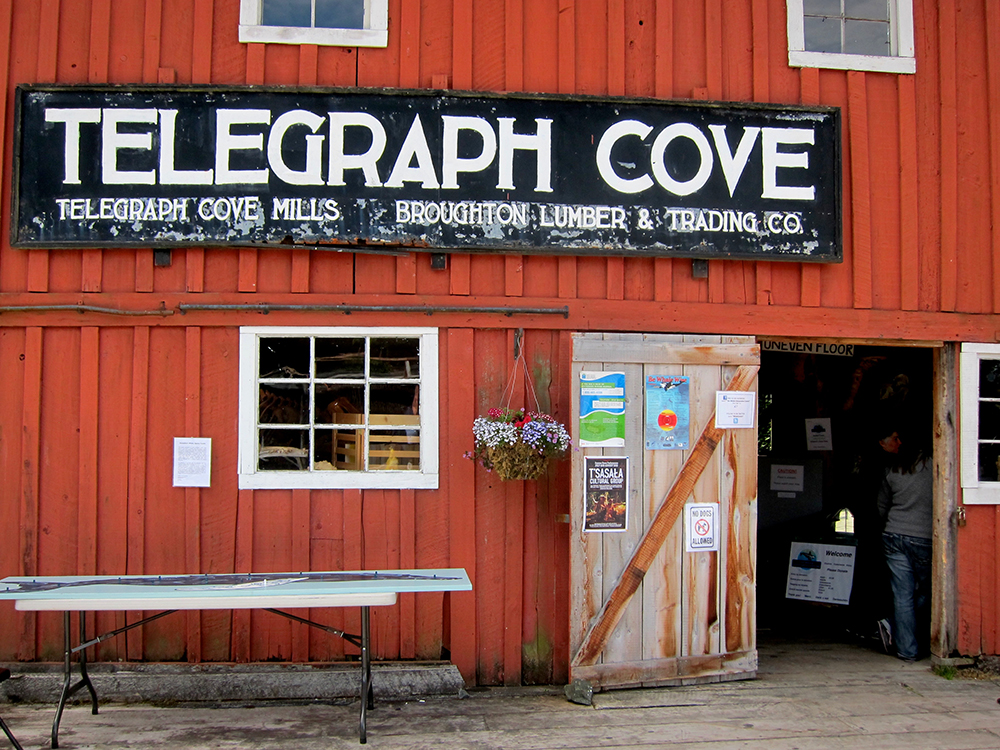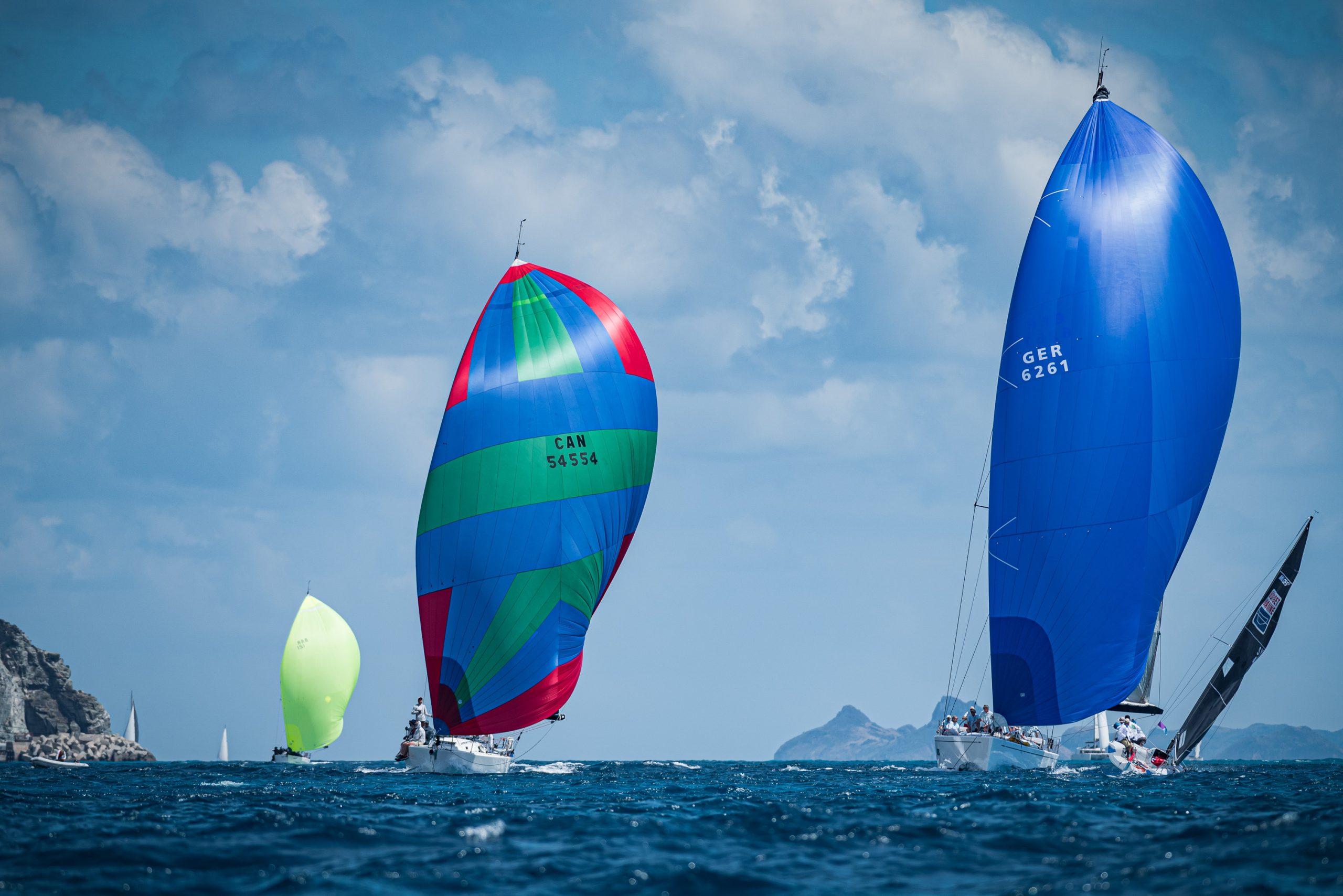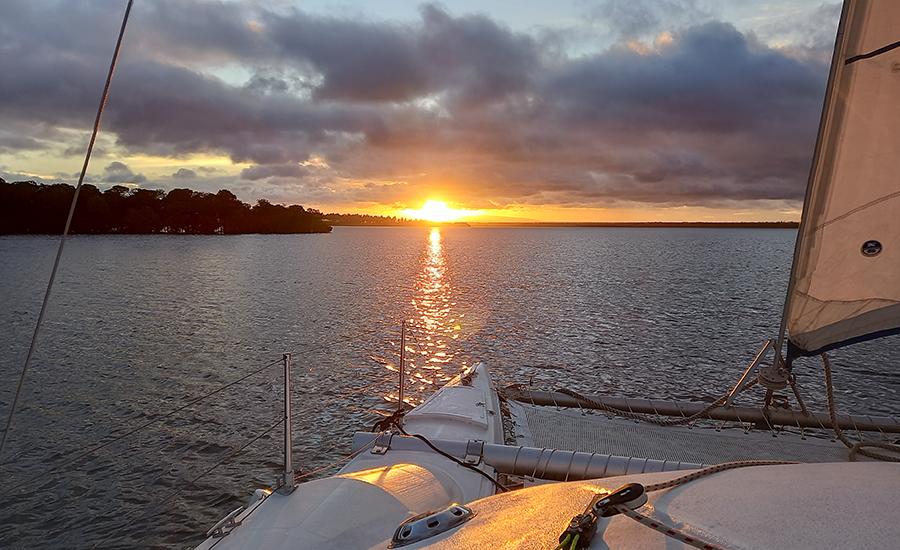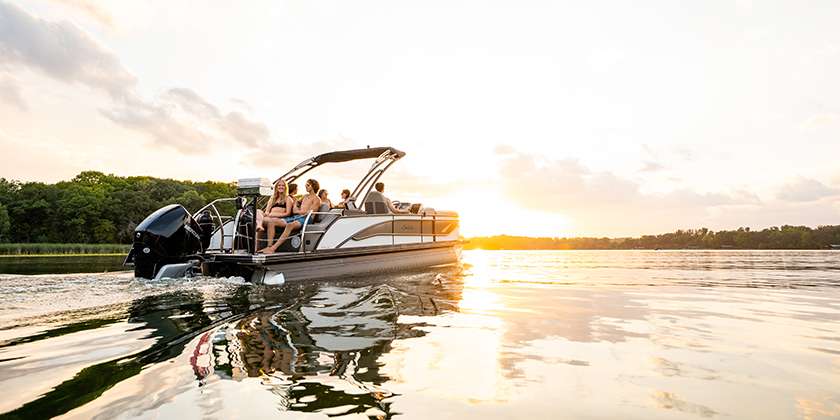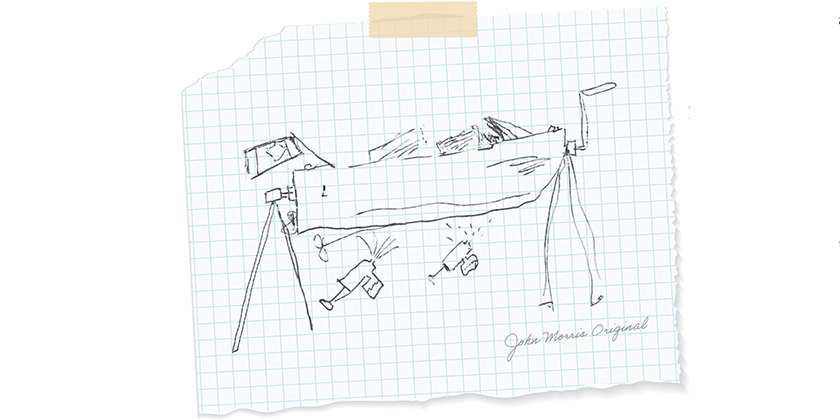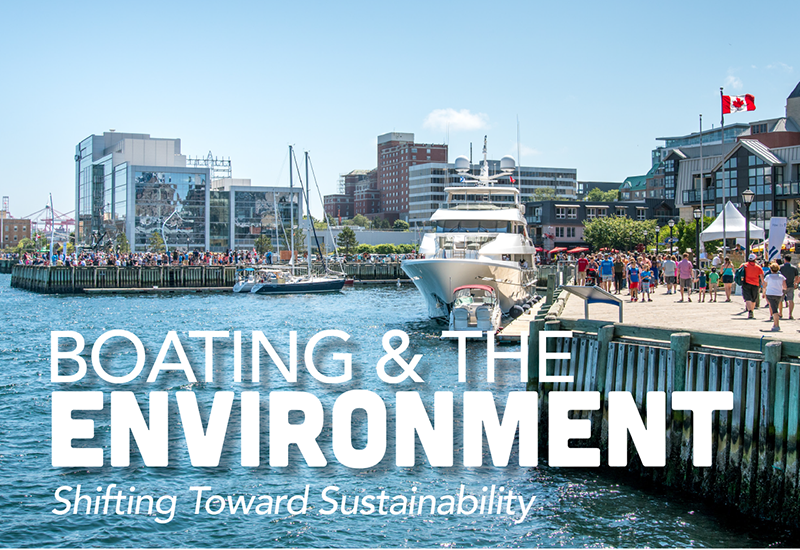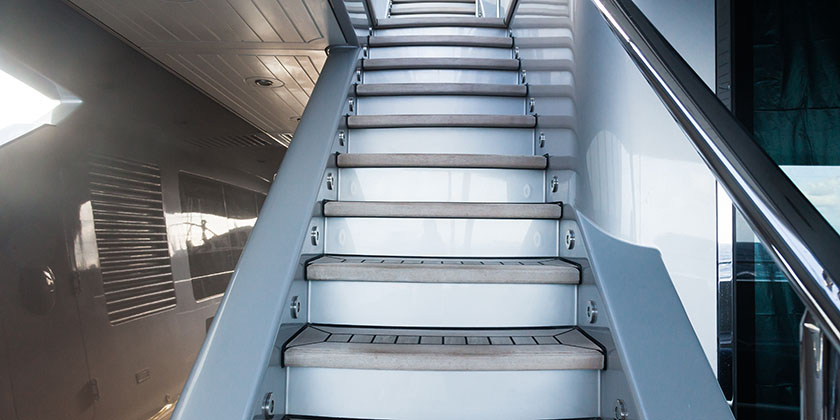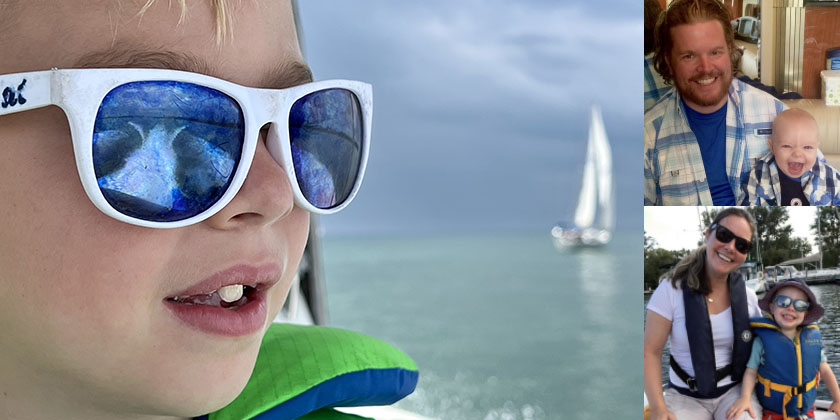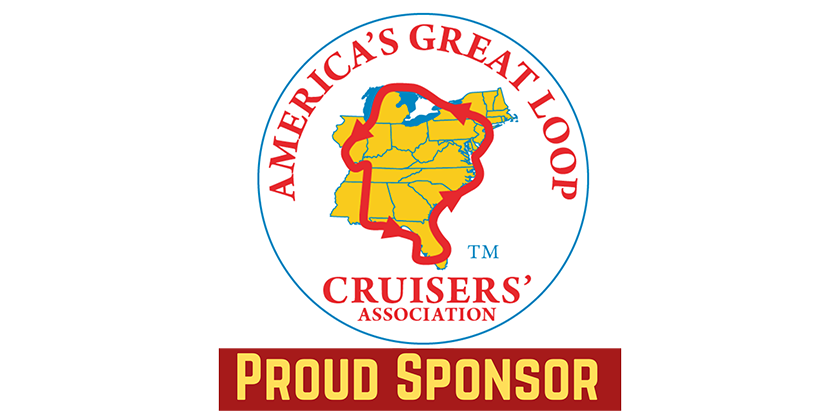The Council of British Columbia Yacht Clubs
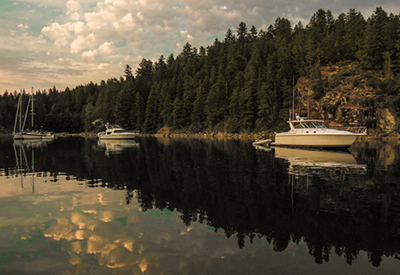
July 9, 2020
The Council of British Columbia Yacht Clubs with over 50 yacht club members has become the voice of recreational boaters in British Columbia. Recreational boating contributes over $2.3 billion annually to the British Columbia economy.
The Council acts a strong voice when dealing with private industry, municipal, provincial and federal agencies to protect and preserve safe anchorages throughout British Columbia. The following are just a few of the big success stories that are part of this organization’s storied history.
In 1987, the Council identified over 200 locations that it sought to become identified by the Province of British Columbia as Safe Anchorages and Boat Havens that boaters could seek in the event of bad weather.
The list has been presented to the BC Government many times with only a few being protected by a Notation of Interest under the Land Title Act.
Park Host Program
In 1986, in response to BC Parks attempt to close Pirates Cove Marine Park, the Council and Maple Bay Yacht Club established a Park Host program to provide assistance to BC Parks in monitoring park activities and assisting boaters during the busy summer season.
Over the years, the program expanded. It now includes 3 BC Marine Parks and 2 Gulf Islands National Marine Parks.
• Pirates Cove (DeCourcey Island) and Conover Cove (Wallace Island) – Maple Bay YC
• Gowland Tod Provincial Park (Tod Inlet) – Capital City YC
• Sandy Island (Baynes Sound) – Comox Valley YC
• Portland Island (Gulf Islands National Marine Park) – Royal Victoria YC
• Beaumont Island (Gulf Islands National Marine Park) – Sidney North Saanich YC
All volunteer yacht club members help repair & maintain:
• Docks
• Trails
• Signs
• Assist boaters with:
◦ Anchoring
◦ Information
◦ Monitoring
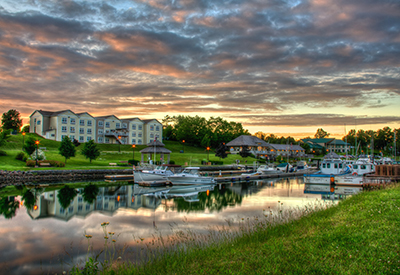 Squirrel Cove
Squirrel Cove
The Council was instrumental in preventing Squirrel Cove from becoming a commercial marina taking up 94 percent of the available anchorage space. In 2011, while monitoring applications for water leases that might impact boaters, an application to take over almost the entire cove was discovered.
Council immediately filed an objection and over the course of the next 3 years, with the assistance of many concerned boaters, council representatives were able to make the case to leave Squirrel Cove as an open anchorage.
As a result, the application for a water lease for a marina failed and Squirrel Cove remains one of the favorite anchorages for recreational boaters.
Fellow boaters the Council of British Columbia Yacht Clubs meet your support.
Since the advent of the aquaculture industry in BC, many favorite bays, inlets and anchorages have been lost to the industry, despite objections from the Council as it monitors water lease applications.
In the last number of years, many of these operations have ceased, either voluntarily or by bankruptcy, but the sites remain fouled by the debris left by the operators. Lines, structures, anchors left make the sites unusable by boaters.
This situation is contrary to the water lease conditions set out in the lease agreements with the Provincial Government that appears not to have provided for sufficient cleanup costs when granting the initial lease.
The Council continues to make it concerns known to the BC Government department responsible and to the relevant ministers when able to do so.

